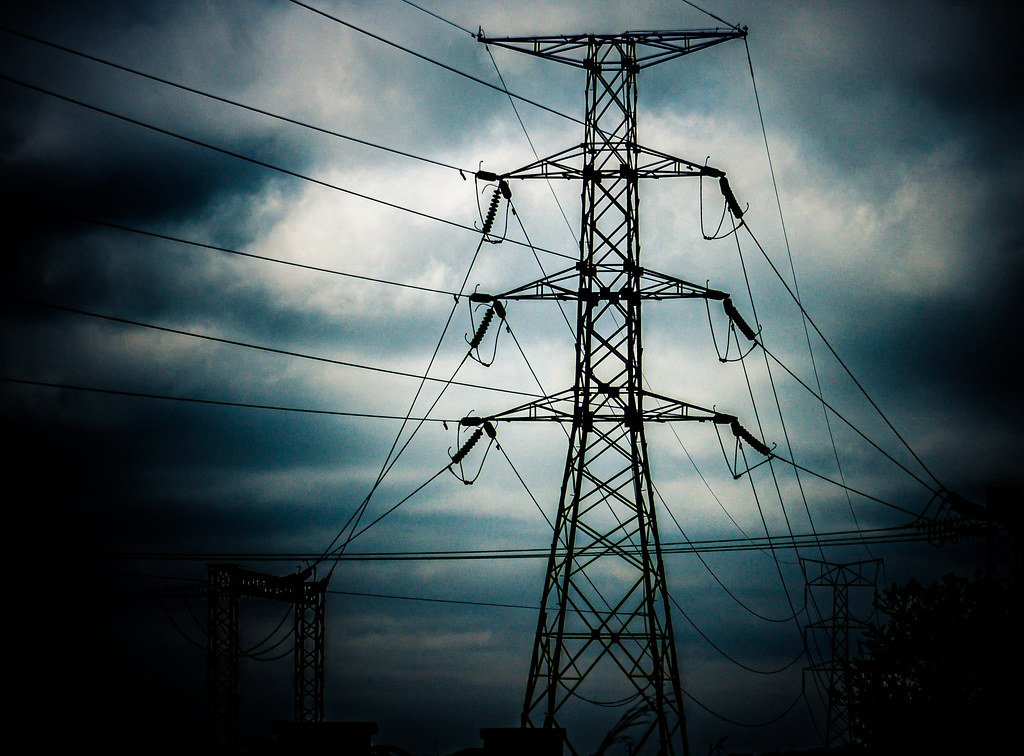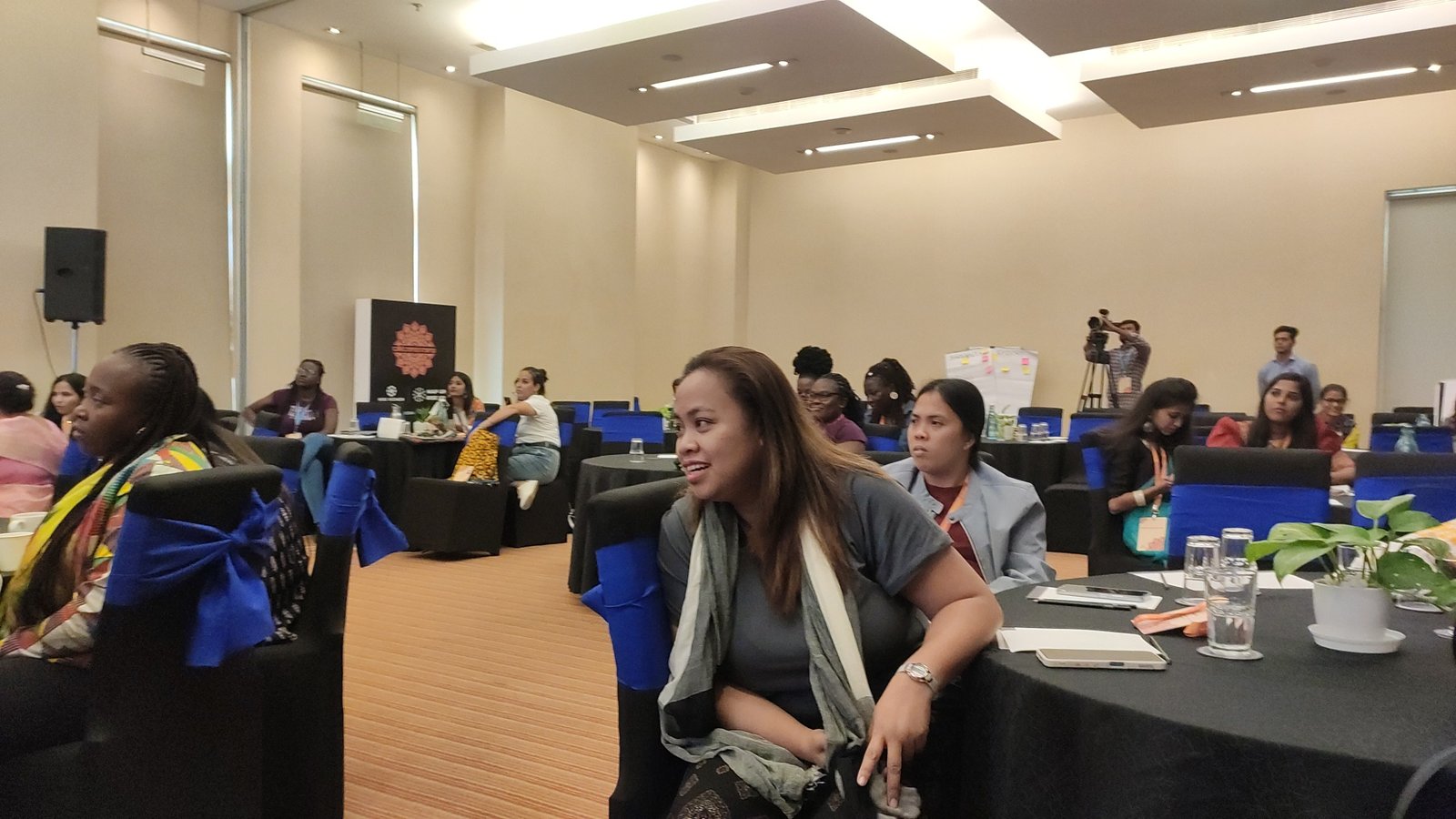Picture this: one ordinary morning, you wake up, check your phone, and… nothing loads. Emails, social media, your bank, even the news—just endless spinning wheels. Now imagine it’s not just your phone, but every device, everywhere. It’s not a bad Wi-Fi day. It’s a total blackout. In a single moment, the digital world we’ve built—our memories, our history, our art, our science—vanishes into thin air. The thought is chilling, almost apocalyptic. But is it really possible? Could we tumble into a Digital Dark Age, losing the very fabric of our civilization’s knowledge in a blink? Let’s peel back the layers and see what’s really at stake.
The Fragile Backbone of the Digital Age

Our lives are woven into a web of servers humming quietly in faraway data centers. These servers are the unseen skeleton holding up everything from family photos to global banking systems. Yet, beneath their sleek surfaces, they’re actually fragile. A single server crash might be annoying, but a domino effect across the globe would be catastrophic. The shocking truth is that many of these servers are vulnerable to power outages, hacking, natural disasters—even just old age. Like a glass skyscraper built on sand, the foundation is nowhere near as solid as we like to believe.
What Exactly Is a Digital Dark Age?

The term “Digital Dark Age” might sound like science fiction, but it’s a real concept. Imagine all our digital files—books, films, research, government records—suddenly becoming unreadable. We’d be cut off from our own recent history, just as medieval Europe lost much of the knowledge from the Roman Empire. The terrifying part? The more we digitize, the more we risk losing, unless we take special care to preserve things for the long haul.
How Data Is Stored—and Why It’s So Vulnerable

We often think of “the cloud” as a magical space where data floats safely, but it’s actually just rows of servers packed into warehouses. Hard drives can fail, software can become obsolete, and formats can change. Remember floppy disks? Even CDs are vanishing. If the programs to read today’s files disappear, our data could become digital fossils—blocks of code nobody can decipher.
Cyber Threats: Hackers, Viruses, and Ransomware

One of the scariest threats is human: hackers and cybercriminals. In 2024 alone, several high-profile ransomware attacks wiped out critical hospital and city records. Imagine if those attacks were coordinated across global infrastructure—banks, power grids, or even scientific databases. It’s the digital equivalent of someone setting fire to the Library of Alexandria, only faster and more total.
The Power Grid: The Silent Partner in Digital Survival

Every server relies on electricity. If the power grid goes down—whether from a solar flare, natural disaster, or sabotage—so does everything digital. In 2023, a massive heatwave in Europe triggered rolling blackouts, briefly cutting off millions from online access. Scaling this up reveals a sobering reality: without power, data is just a ghost trapped in a lifeless shell.
Natural Disasters: Floods, Fires, and Earthquakes

Nature doesn’t care about our technology. Hurricanes have flooded data centers, wildfires have melted cables, and earthquakes have crumpled entire server farms. In 2022, a fire in a French data center wiped out thousands of websites in minutes. It’s a reminder that even the most advanced tech can be brought to its knees by a single act of nature.
The Problem of Digital Decay and Bit Rot

It’s not just dramatic disasters we have to worry about. Over time, digital files degrade—a process known as “bit rot.” Data slowly becomes corrupted, and unless it’s meticulously maintained, it can simply blink out of existence. It’s like watching a favorite old photo fade until it’s just a blur.
Obsolete Formats and the Vanishing Past

Even if your data survives, will you be able to read it? The world’s first website, created in 1991, is almost unreadable today without special browsers. Old software, video games, and documents are often locked away by outdated formats. Think of a treasure chest locked with a key that no longer exists.
Human Error: Accidental Deletions and Oversights

Sometimes, catastrophe comes down to a simple mistake. A misplaced click, an untested backup, a single line of bad code—all can erase years of work. In 2017, a cloud engineer accidentally deleted hundreds of company servers with one command. It’s a sobering thought: the future of knowledge can hinge on someone’s coffee-fueled Monday morning.
The Loss of Collective Memory

Societies have always relied on stories, books, and art to remember who they are. If we lose digital records, we lose part of ourselves—our music, our family histories, our medical breakthroughs. It’s not just files that disappear, but the shared memory of a generation. Imagine telling your grandchildren you can’t show them your childhood photos because they’re gone forever.
Scientific Research at Risk

Today, nearly all scientific knowledge—from climate models to cancer research—lives online. If servers crash and backups fail, years of progress could evaporate. In 2023, a university lab lost decades of climate data to a ransomware attack. The loss stalled crucial research on global warming, setting scientists back by years. It’s a stark warning of how easily knowledge can slip through our fingers.
The Threat to Art and Culture

Much of our art, music, and literature now only exists digitally. Museums and libraries digitize priceless works, but if their servers crash, so does access to centuries of creativity. In 2021, a major online art archive vanished overnight due to a server failure, erasing thousands of works. It’s as if a gallery burned down, with nothing left but ashes.
Digital Currency and the Modern Economy

Money, too, has become data. Most modern banking is just numbers in a database. If servers go down, people could lose access to funds, businesses could collapse, and economies could grind to a halt. In 2024, a brief outage at a major bank caused panic as millions couldn’t pay bills or buy groceries. Now imagine that on a global scale.
The Mirage of Backup Systems

We’re told not to worry because backups exist. But what if backups fail—or are stored in the same vulnerable places? In 2019, a cloud storage company lost both its main data and backups in the same fire. The illusion of safety can be more dangerous than no safety at all.
Are We Prepared for a Digital Apocalypse?

Government agencies and tech companies talk about disaster recovery, but few are truly prepared for a widespread collapse. Drills are rare, and resources are often limited. The truth is, most organizations simply hope disaster won’t strike. That’s like building a city on a fault line and hoping the earth stays still.
Lessons from the Past: The Real Dark Ages

History shows us what happens when knowledge is lost. After the fall of Rome, Europe plunged into centuries where science and culture stagnated. Libraries burned, languages disappeared, and entire philosophies were forgotten. The parallels are eerie: just as scrolls and books vanished then, our digital knowledge could vanish now.
Preserving Knowledge: Analog vs. Digital

Paper, stone, and film—these old-school storage methods can last centuries, sometimes millennia. A clay tablet from Mesopotamia outlives any hard drive. Some archivists are even turning to microfilm and etching data onto metal plates for long-term preservation. It’s a weird twist: to save the future, we might need to look to the past.
Hope on the Horizon: New Technologies and Solutions

Not all is doom and gloom. Scientists are developing new storage media, like DNA data storage and quartz crystal “memory” that could last for thousands of years. Redundancy, offline backups, and international data archives—like the Arctic World Archive—offer glimmers of hope. The key is making sure these solutions are used before disaster strikes.
The Role of Community and Open Access

The more people have copies of information, the harder it is to lose everything. Open-source projects and digital libraries can be replicated and shared globally, making it less likely that one crash will wipe out knowledge. Community-driven efforts, like Wikipedia, are surprisingly resilient—proof that sometimes, the crowd really can save the day.
A Call to Safeguard Our Digital Heritage

We stand at a crossroads: our civilization’s memory is shifting from paper and stone to fragile bits and bytes. It’s a thrilling leap, but also a dangerous gamble. The actions we take now—preserving, backing up, diversifying—will decide whether future generations inherit a rich tapestry of knowledge or a haunting void. What will you do to protect the story of us?




